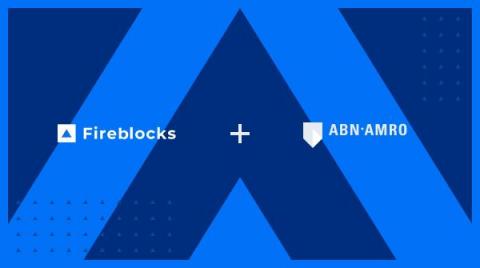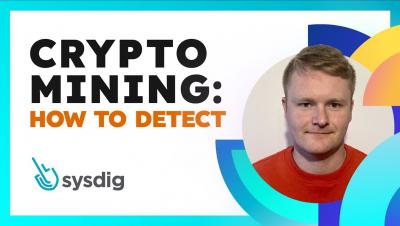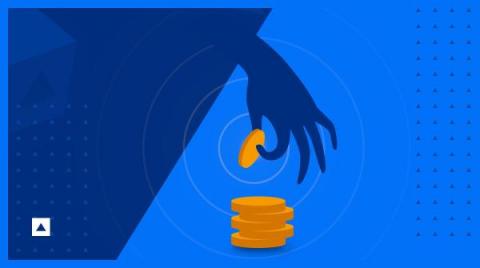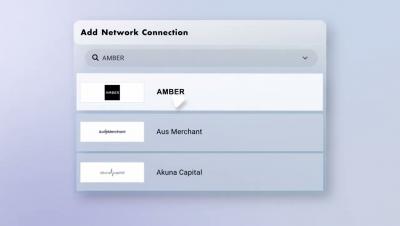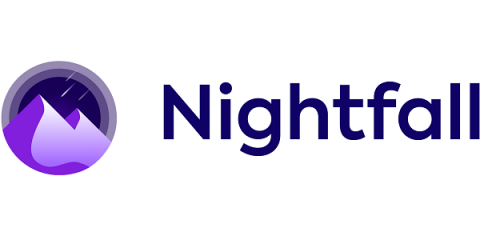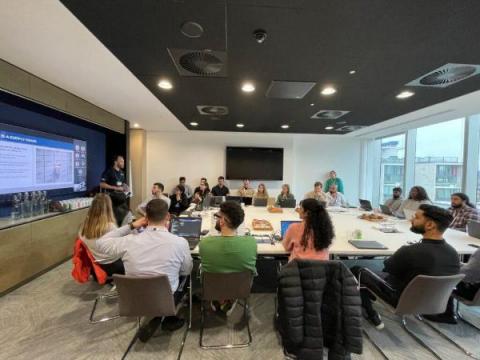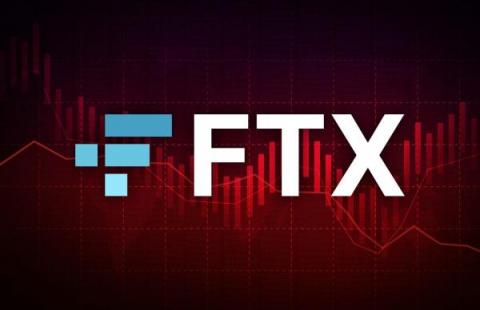Securing PostgreSQL from Cryptojacking Campaigns in Kubernetes
PostgreSQL is a powerful, open-source relational database management system (RDBMS). Because of its robustness and scalability, PostgreSQL is used extensively in the cloud. Most public cloud providers including AWS, Azure and GCP provide database services to their customers based on PostgreSQL.




